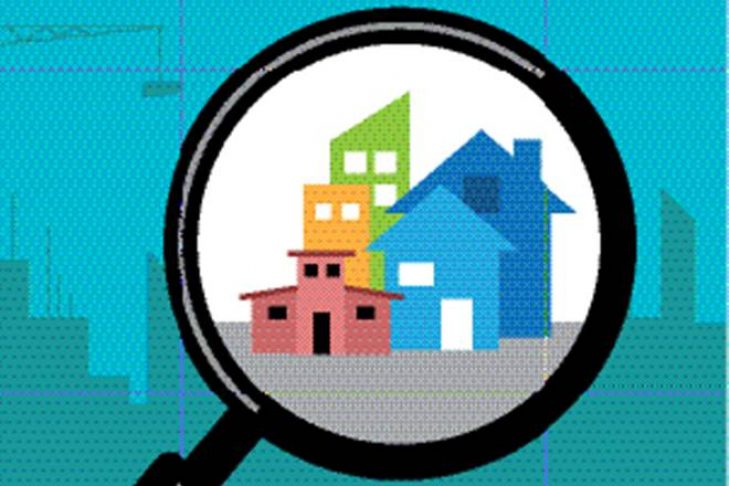If there is one investment that has proved to be the most useful, it is an investment in a residential home, it guarantees long-term returns and secures the housing requirement for the investor’s lifetime. With the growing population, demographics, and nuclear family concept in India, it has become more necessary to have a home where you and your family get protection. More and more people are trying out the idea of buying a house versus renting.
Today, as the economy looks to be in line with the new normal – home buyers have many reasons to buy a home. The Maharashtra government has reduced the stamp duty applicable for registering the house to just 2% (this rate is applicable from September 1 to December 31, 2020). On its part, the central government has extended the CLSS under Pradhan Mantri Awas Yojana (PMAY) for one year, and the RBI has reduced the repo rate to a two-decade low, making commercial banks offering home loans at 7%. The rupee’s depreciation has attracted a lot of interest from NRIs to take advantage of currency gains and invest in residential real estate in India. NRIs have always shown interest in buying residential property in their home country.
At present, people are hasty to buy a safe place with their accumulated capital. This is undeniably a highly regarded option for investment, which many may see as a source of ‘stable’ income. Investing in real estate has always been a safe investment as it has a long period, it does not involve short-term volatility, and if the property is financed through bank loans, it also gets the benefit of income tax. On the other hand, commercial or commercial real estate from an investment point of view was giving high returns due to their high-cost index, but both sub-segments of commercial real estate after the pandemic, i.e., malls and office space lockdown and work from home trends, have been adversely affected due to the speed gain.
Since malls have been allowed to open with limited crowds due to social distancing, businesses and brands are renegotiating their rent, which could lead to lower fares to investors. In addition, e-commerce is making headlines from ‘zero-contact delivery’ by exposing other security options. Thereby reducing the need/desire for commercial spaces. Commercial real estate may take some time to recover, and accordingly, the rate of return may be affected as approximately 6 million square feet of office space is lying vacant at the moment.
Companies may consider spending less and opting for flexible-working, co-working space, affecting regular office space requirements. Work from home offices can not be replaced in the long term- this can be a transient phenomenon until the pandemic continues. As the government unlocks the economy for regular business in a phased manner, giving equal importance to life as well as livelihood, more office space may be needed to ensure social distancing norms. To become self-reliant, the government’s incentive for ‘self-reliant India’ and ‘vocal for local’ will be a ray of hope, which is expected to increase the demand for office space from companies that set up offices in India.
The government’s focus on the development of infra and housing, the announcement of several measures is certainly going to help the Indian real estate sector and, in turn, will boost the economy due to the multiplier impact of the real estate sector. This will definitely help you make this decision. You should invest in residential property or in commercial property.
If you liked this story, you must share it. Stay connected to read other similar News and articles from Paisabulls.
Read also: Do you love online shopping? Always keep in mind these safety tips
How to make changes in Income Tax Return (ITR) filing online or offline
IPO registration starts from Monday: Know these things before investing your money
Image credit: financialexpress


